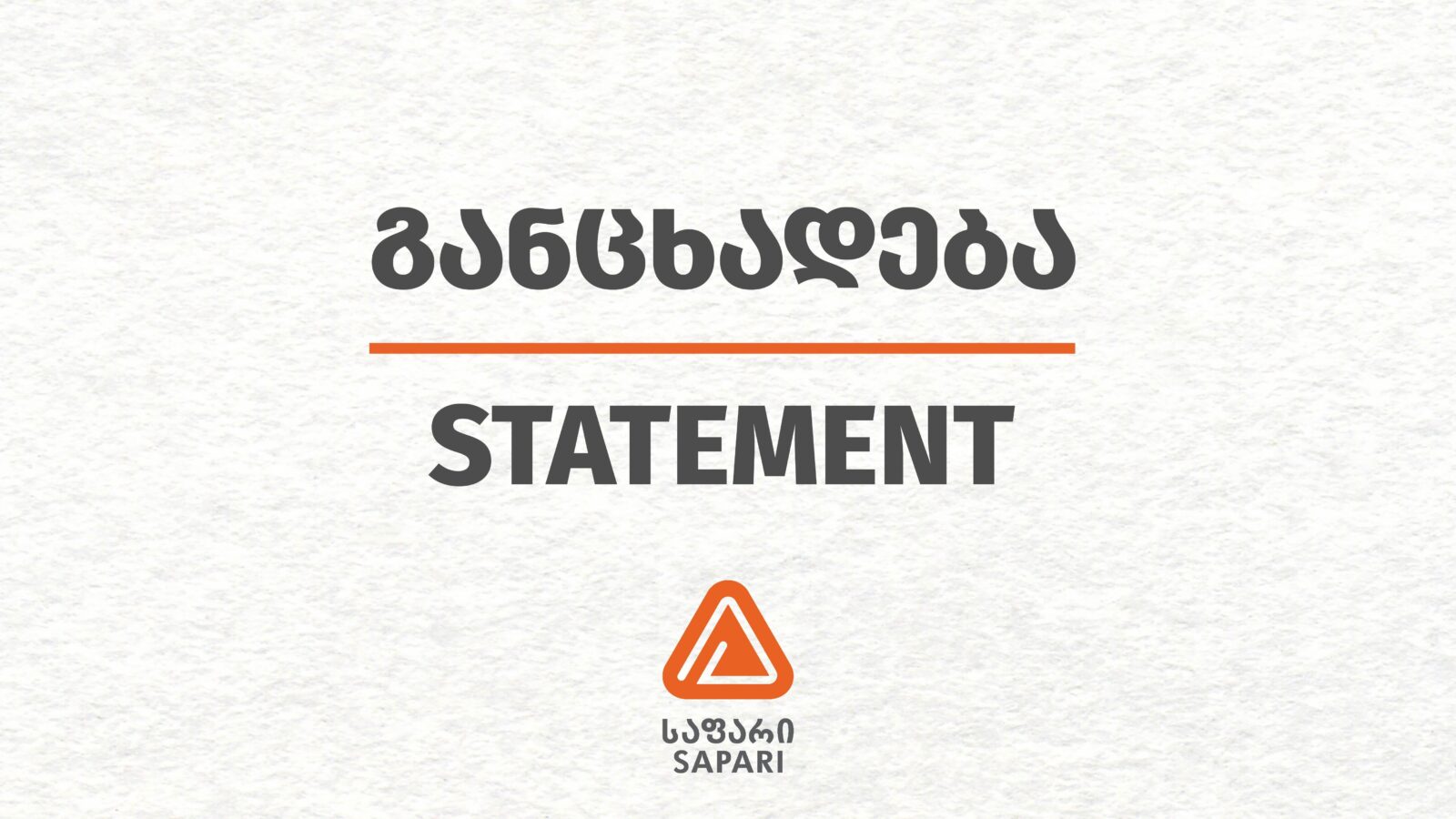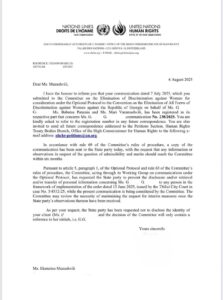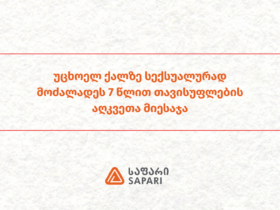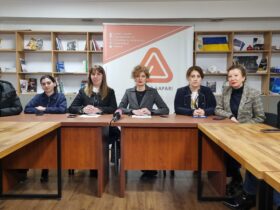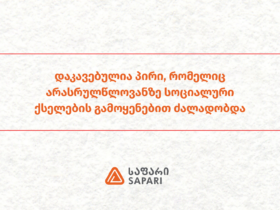The United Nations Committee on the Elimination of Discrimination against Women (CEDAW) has admitted into proceedings an application submitted by Sapari’s Director, Baia Pataraia, lawyer Mari Varamashvili, and beneficiary G.G. Within the scope of this application, the Committee, by way of interim measures, requested the State not to allow the disclosure or transfer of the personal data of Sapari’s beneficiary, G.G., to any third party, including the Anti-Corruption Bureau, in the enforcement of the Tbilisi City Court’s order of 13 June 2025 (#3/4532-25). This interim measure is directed at halting the enforcement of repressive actions initiated against Sapari. As is publicly known, the Anti-Corruption Bureau, through the court, demanded information, including personal data of Sapari’s beneficiaries — women and children survivors of violence: names, surnames, personal identification numbers, photographs, banking and medical documentation, and other sensitive information.
It should be recalled that in July the United Nations Committee on the Rights of the Child had already applied interim measures, which protected the interests of Sapari’s child beneficiaries. The decision now taken by the United Nations Committee on the Elimination of Discrimination against Women, with similar content, once again confirms that demanding personal data from non-governmental organizations is incompatible with international standards of human rights protection.
It is noteworthy that, unlike in the case before the United Nations Committee on the Rights of the Child, in this instance the applicants admitted into proceedings, alongside the beneficiary, also include Sapari’s Director and lawyer, who personally safeguard the information in their possession. Accordingly, the decision of the United Nations Committee is of critical importance for Sapari, as it enables the organization to continue its work of protecting and assisting women and children from violence.
We reiterate once again that we will pursue every legal avenue within the country and will use all international legal mechanisms to protect the rights of our beneficiary women and children.
